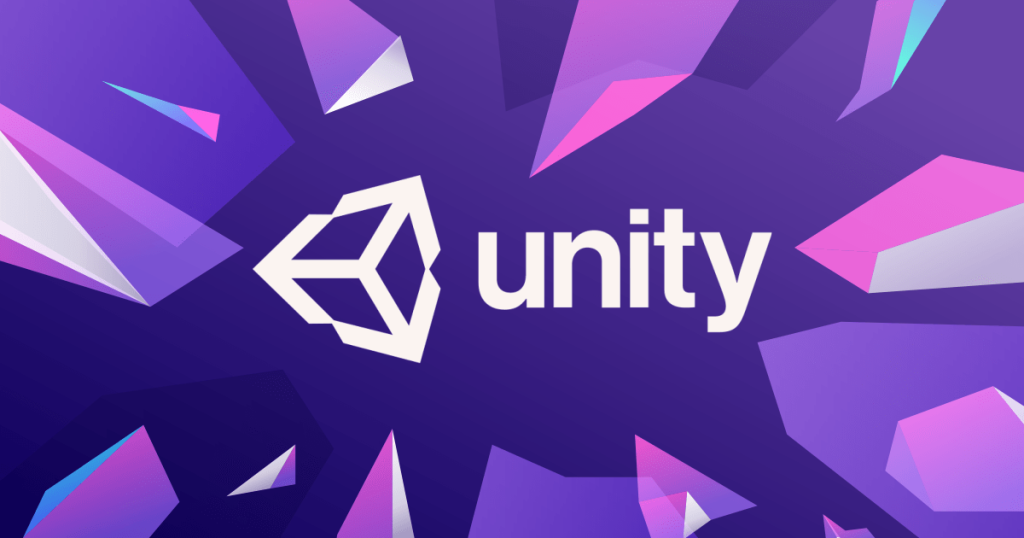Unity is canceling its controversial Runtime Fee and returning to a more traditional subscription model for its popular video game engine used by small and big developers worldwide. However, the price of some subscription plans will increase next year.
A year ago, in September 2023, Unity announced a seismic change to how it charged developers to use its engine. Once a game was downloaded a certain number of times and had made a specific amount of money, Unity would start charging developers a Runtime Fee every single time someone installed any game developed using Unity, like Pokémon GO or Cuphead. Many smaller devs and creators criticized the decision and claimed it would lead to developers abandoning the engine to avoid paying thousands of dollars in install fees. This could have led to game delays and there was even fear that some devs might remove older games from sale, preventing players from re-installing them in order to avoid the Runtime Fees.
All of this was a giant mess that eventually led to Unity partially walking back some of these decisions a week later. It also led to Unity’s CEO retiring and another exec resigning. And now, after all that, the company is fully ditching the install fees completely.
On Thursday, in a blog post on Unity’s website, CEO Matthew Bromberg announced the news that “effective immediately” the company was removing all Runtime Fees from the engine.
“I’ve been able to connect with many of you over the last three months, and I’ve heard time and time again that you want a strong Unity, and understand that price increases are a necessary part of what enables us to invest in moving gaming forward. But those increases needn’t come in a novel and controversial new form,” said Bromberg.
Unity reveals price increases for some plans
So Runtime Fees are gone and Unity will return to a subscription model. Bromberg confirmed that Unity Personal licenses will remain free until a game brings in over $200,00 in revenue or funding. Meanwhile, starting in January 2025, Unity Pro subscriptions will increase by 8% and cost $2,200 a year. Unity Enterprise will also see a price increase of 25%.
Unity Personal will remain free, with the revenue and funding ceiling increased from $100,000 to $200,000, giving developers more flexibility before being subjected to Unity’s fees. The Made with Unity splash screen will be optional for games developed with Unity 6, set to launch later this year.
Starting January 1, 2025, Unity Pro will see an 8% price increase, raising the annual subscription fee to $2,200 per seat. Unity Enterprise will experience a 25% increase, with new minimum subscription requirements for customers generating over $25 million in annual revenue. These changes will apply to all new and existing subscriptions from that date. (Because these licenses involve major companies, the prices can vary based on different packages.)
Bromberg stressed in his blog post that Unity will continue to increase prices as it needs to, but will only do so annually via subscription fees going up. It won’t try to squeeze pennies out of every developer using the engine based on how many times people install your game.
“Canceling the Runtime Fee for games and instituting these pricing changes will allow us to continue investing to improve game development for everyone while also being better partners,” said Bromberg.
“Thank you all for your trust and continued support. We look forward to many more years of making great games together.”



